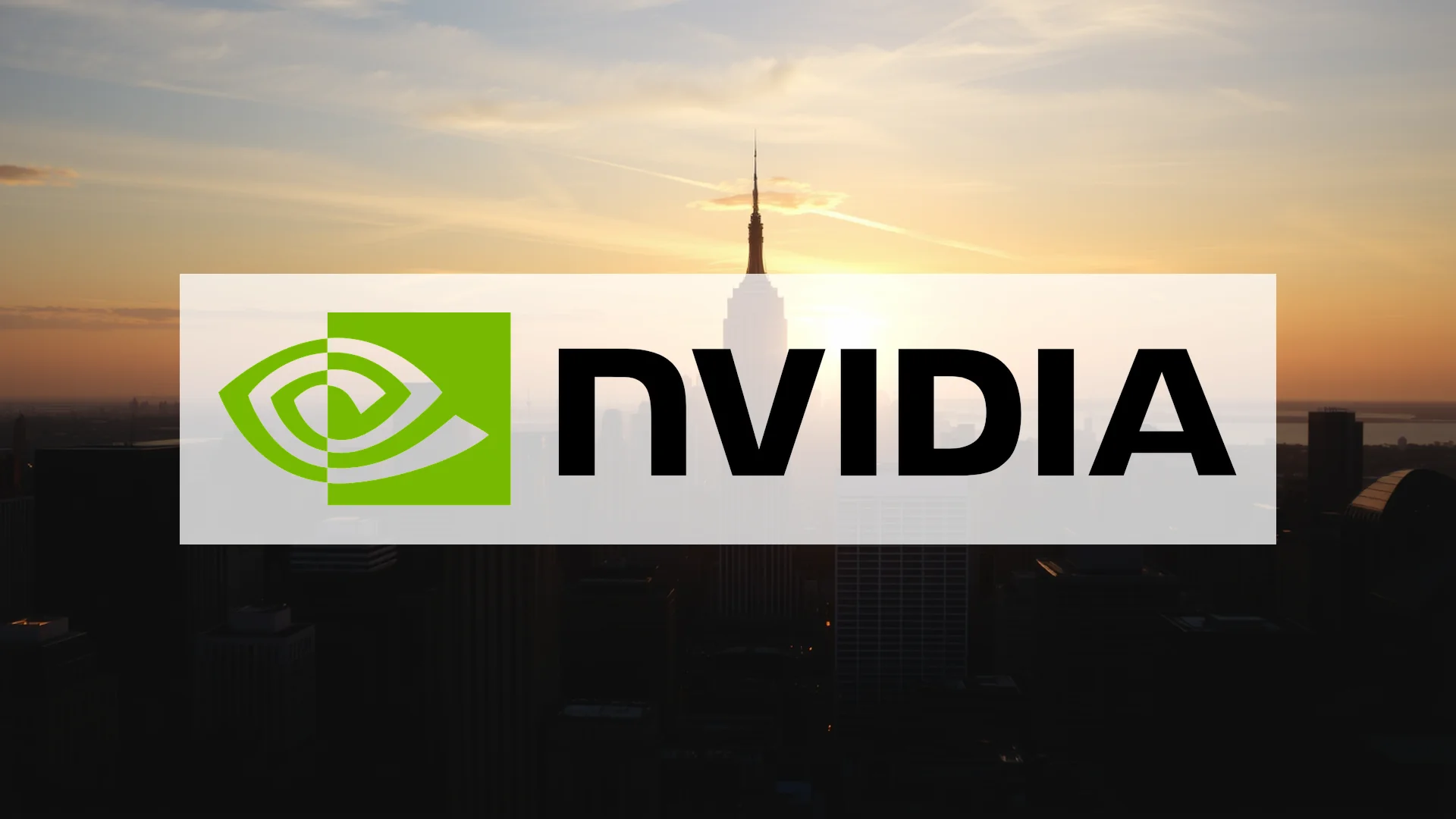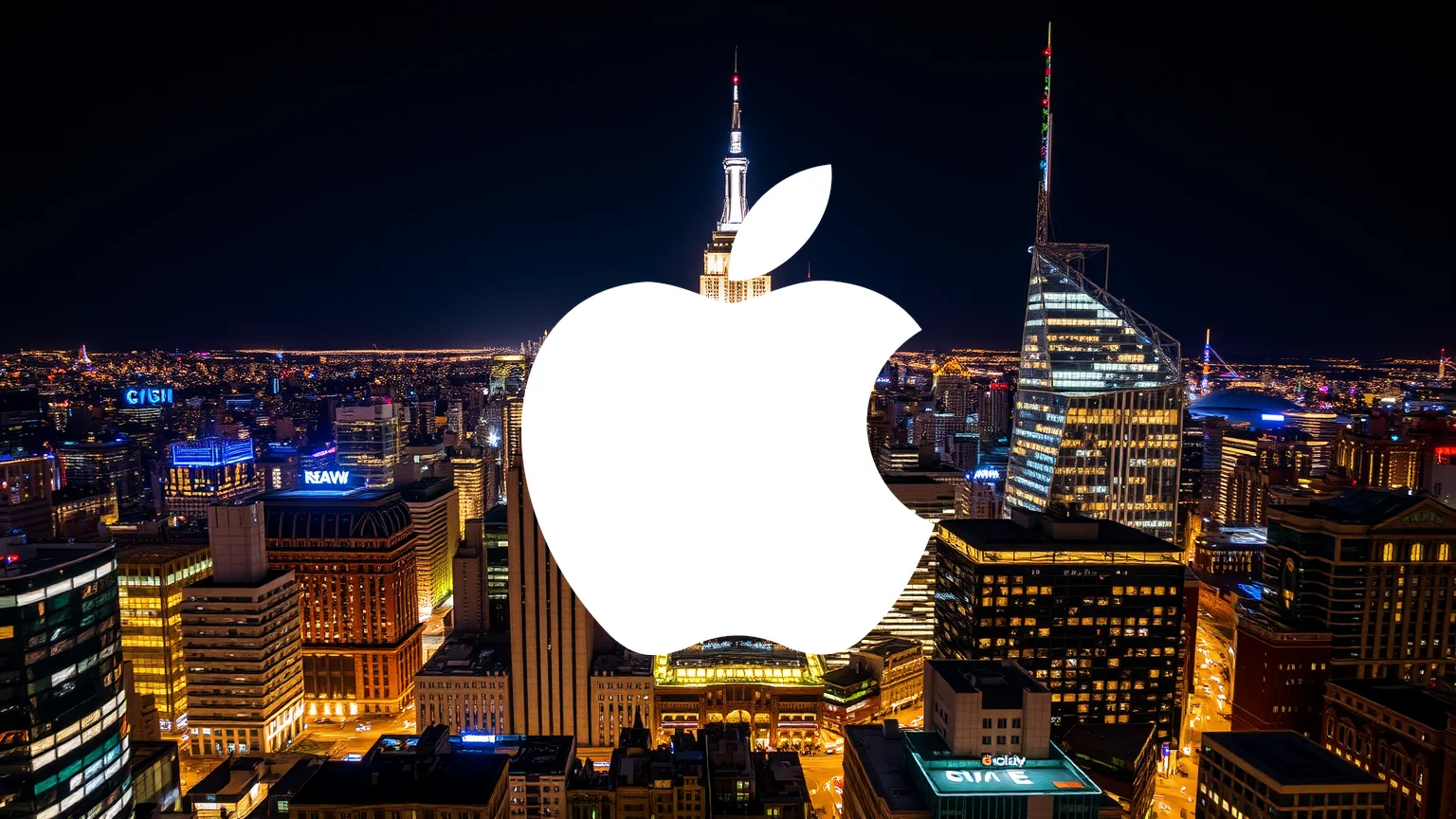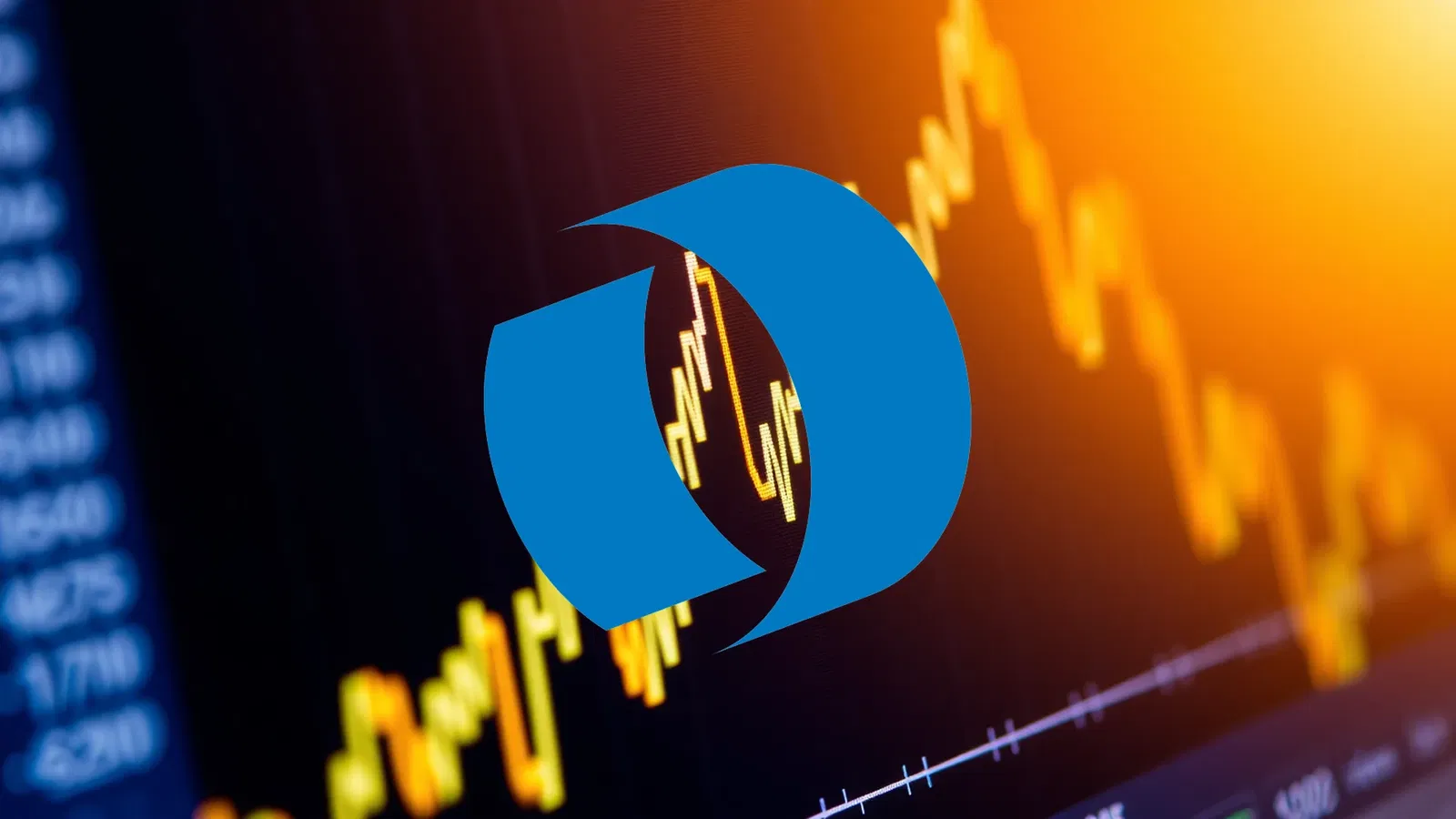Nvidia finds itself at a critical juncture, caught between tightening U.S. export restrictions targeting China and emerging billion-dollar opportunities in the Middle East. The central question facing the technology behemoth is whether new business ventures with the United Arab Emirates can offset declining revenues from what was once a cornerstone market.
Financial Resilience Amidst Uncertainty
Despite mounting challenges, Nvidia continues to demonstrate remarkable financial strength. The company’s most recent quarterly report revealed a striking 55.6% revenue surge to $46.74 billion, primarily fueled by explosive growth in its data center operations. The chipmaker’s shares continue trading just shy of their record peak, though market observers question how long this performance can withstand escalating geopolitical pressures.
Warning Signals Emerge from Wall Street
Sentiment among financial analysts is beginning to shift. Research firm Wall Street Zen recently downgraded Nvidia from “Buy” to “Hold,” marking the first cautionary move within a previously unanimous optimistic analyst community. Potentially more concerning is the wave of insider selling activity. CEO Jensen Huang alone disposed of 75,000 shares this past Friday, following similar transactions by CFO Colette Kress in September. Corporate insiders collectively divested nearly 4 million shares during the last quarter, raising eyebrows among investors.
Should investors sell immediately? Or is it worth buying Nvidia?
U.S.-China Tech War Intensifies
The fundamental threat to Nvidia’s business model stems from the escalating technological confrontation between Washington and Beijing. Recent passage of the “GAIN AI Act” by the U.S. Senate now mandates that artificial intelligence chip manufacturers prioritize American customers over Chinese buyers. Beijing responded swiftly, with Chinese customs authorities implementing stricter controls on semiconductor imports while simultaneously pushing domestic developers toward locally produced processors. This development poses particular danger for Nvidia, which has historically maintained significant dependence on the Chinese market.
Middle Eastern Expansion Offers Potential Lifeline
A significant regulatory development may provide Nvidia with crucial breathing room. U.S. authorities have granted the company an export license permitting sales of up to 500,000 AI chips annually to the United Arab Emirates. With estimated annual revenue potential reaching $15 billion, this emerging market could open vital new growth channels at precisely the moment Nvidia needs them most.
The technology giant now faces the complex task of balancing these competing geopolitical forces while maintaining its extraordinary financial momentum in an increasingly fragmented global semiconductor landscape.
Ad
Nvidia Stock: Buy or Sell?! New Nvidia Analysis from February 7 delivers the answer:
The latest Nvidia figures speak for themselves: Urgent action needed for Nvidia investors. Is it worth buying or should you sell? Find out what to do now in the current free analysis from February 7.
Nvidia: Buy or sell? Read more here...










